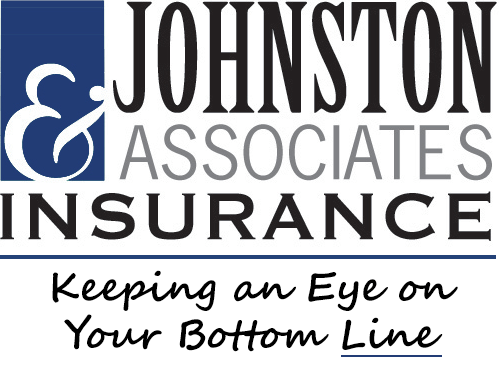The advent of the internet and social media has made doing business easier than ever, but has also emboldened the dishonest and unscrupulous to utilize new ways to defraud unsuspecting victims. One form of insurance fraud, already pervasive in The United Kingdom, is now gaining traction here in The United States: ghost broking.
Ghost brokers pose as legitimate insurance agents. They will advertise too-good-to-be-true low premiums, communicating solely through email or on social media, and asking for payment of premiums directly to them either by cash only or utilizing payment apps and services such as Western Union or Venmo.
According to USwitch, there are three principle ways in which ghost brokers swindle unsuspecting motorists:
“Cancellation-The ghost broker will act on behalf of the driver, purchasing a valid insurance policy from a genuine provider. Once the driver pays the broker for the policy (and sometimes for their ‘broking services’), the broker will then cancel the policy and pocket any refund.
Forgery-The scammer will forge insurance documents including the driver’s details. With advances in technology, these fake insurance documents can look very convincing and are often designed to imitate papers from reputable insurance companies.
Falsification-The ghost broker will purchase a real policy from an insurer, but will provide false details to get an attractive price for the driver. This scam is often used on drivers with typically expensive premiums, for example those with a history of claims or penalty points. The fraudster will take out a policy by giving the insurer details of a low-risk driver. They can then doctor the policy documents to include the driver’s real details, making it seem like the policy will be valid.”
While curtailing the proliferation of shysters grows increasingly difficult, protecting oneself against their schemes doesn’t have to be. If you suspect you may be dealing with a ghost broker, you can:
- contact the insurance regulatory body in your area to see if the broker is indeed licensed to sell insurance. In The State of Tennessee, that agency is called The Department of Commerce and Insurance and it provides a simple online database by which anyone can search to check the licensure of anyone claiming to be a legitimate insurance agent.
- contact the insurer the broker claims to represent. Whether you have already purchased a policy or are unsure about the broker, the insurance will be able to tell you if the broker is authorized to write policies with them, or if you’ve already purchased a policy, tell you the details of the policy or if it is still in force.
Maybe you have already fallen victim to a con artist, or perhaps you’re part of the high-risk driver demographic that they target. Contact Scott and his team of independent insurance agents. Their collective half-century of experience can find you affordable coverage without smoke and mirrors. They’ve helped countless Brentwood, Franklin, Nashville, Spring Hill, and greater Middle Tennessee residents drive safely and economically. See for yourself why they’re the real deal.
Filed Under: Auto Insurance, Personal Insurance | Tagged With: agency, agent, allied, auto, auto body, brentwood, franklin, independent, insurance, liability, murfreesboro, nashville, nationwide, nolensville, policy, premium, progressive, smyrna, spring hill, tennessee